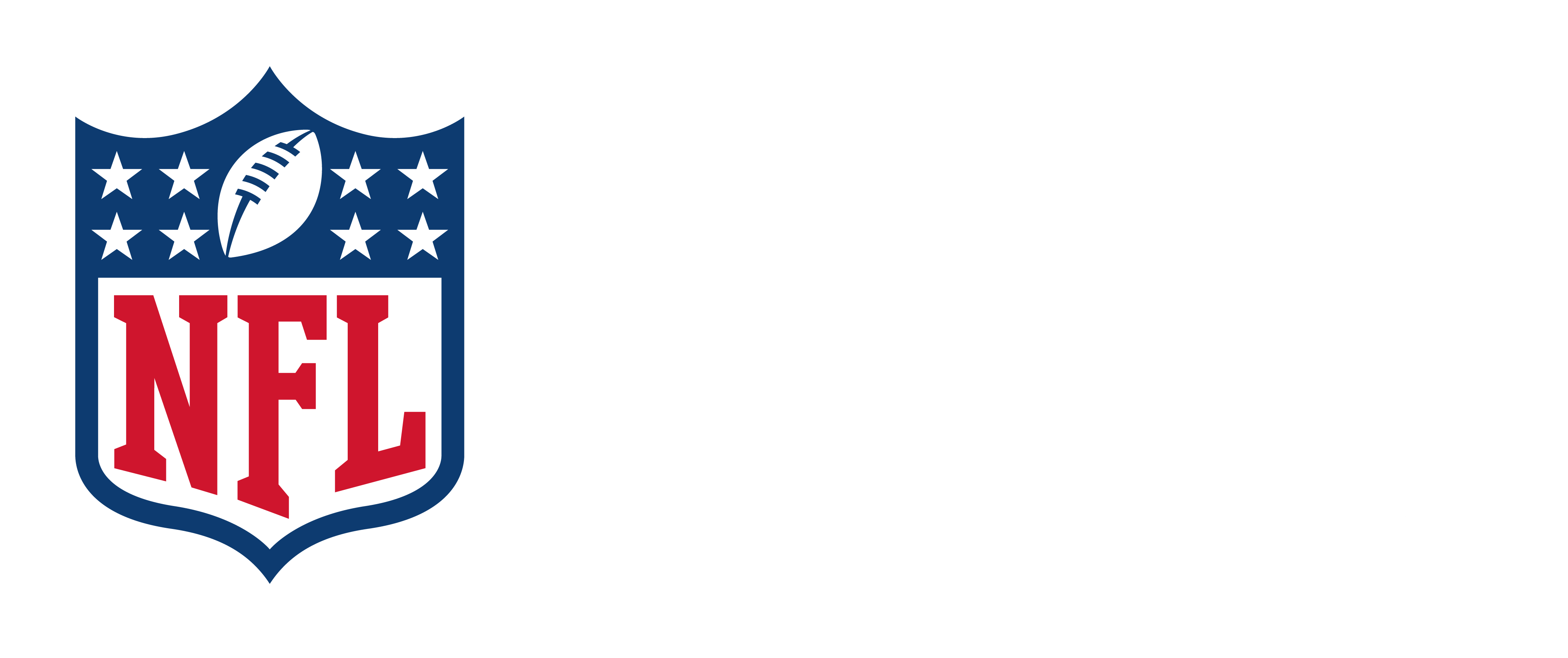Equipment-embedded data sensors play a crucial role in informing player health and safety efforts
A critical part of the NFL's efforts to reduce and prevent player injuries is the collection and analysis of on-field data. Recent innovation in player equipment – including sensors in mouthguards and shoulder pads – provides the league with data from practices and games to advance equipment and training and inform rules changes.
Throughout the preseason and regular season, the league collects and analyzes data, and shares findings with teams. Club staff are able to use the data and insights in their work with players, informing their approach to training and injury prevention to keep players performing at their best.
Data collected from sensors has fueled efforts to remove avoidable head impacts and is being used to evaluate further changes to the kickoff play. The technology has also enabled changes to the preseason ramp-up period, which have led to a substantial reduction in lower extremity injuries – keeping players healthy and on the field.
To collect this data, sensors and trackers are placed in player shoulder pads and helmets, as well as embedded in some player mouthguards through use of iTeroâ„¢ intraoral scanners from NFL partner Align Technology, manufacturer of the Invisalign System of clear aligners. Mouthguard sensors collect head kinematic data, including impact speed, direction, force, location and severity, providing the league with more information about what the head experiences than anything else that can be placed on a player's body or in his equipment.
Sensors are one important example of how the league uses innovative technology to continue to make the game safer and more exciting. With more data than ever before, the league and clubs better understand what a player experiences on field and how to continue to reduce injury risk.











